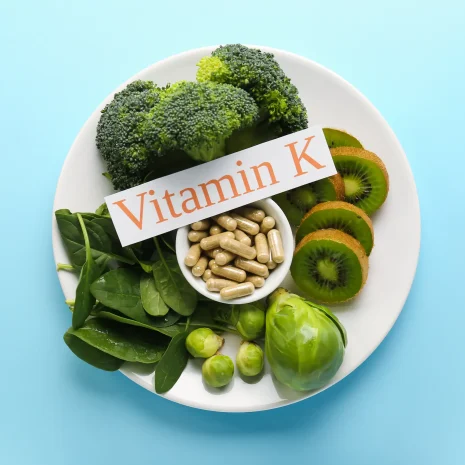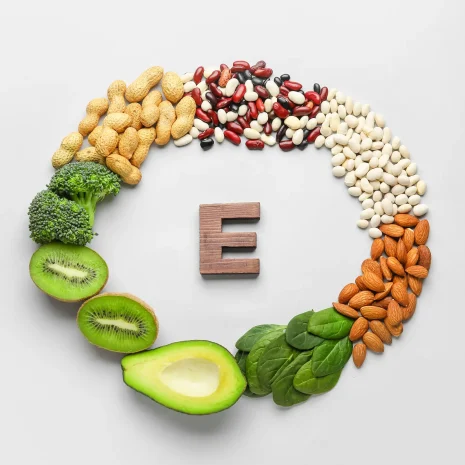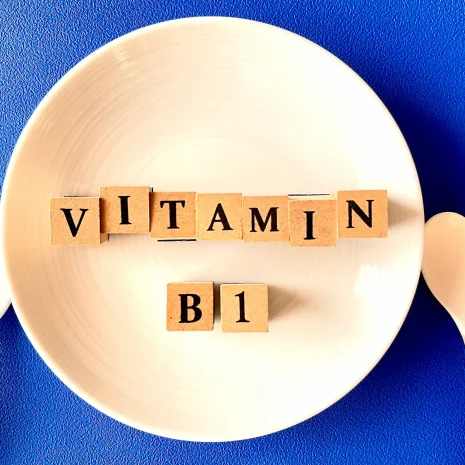The Importance of Folic Acid for Women Considering Conception or During Pregnancy
For women who are trying to conceive or are already pregnant, adhering to specific nutritional guidelines is vital for safeguarding both their health and that of their developing babies. Proper self-care during this crucial time can help minimise the risk of complications, such as miscarriage or birth defects. Among the various nutrients required, the importance of folic acid cannot be overstated.
What is folic acid for pregnancy?
Folic acid, also known as vitamin B9, is a water-soluble B vitamin crucial for many bodily functions. It enhances the body’s ability to absorb essential nutrients and is particularly recommended for pregnant women.
Folic acid plays a critical role in promoting healthy foetal development and supporting maternal health. Consuming adequate folic acid before conception and throughout early pregnancy is paramount for optimal outcomes.
What does folic acid do for pregnant women?
The significance of folic acid for both maternal and foetal health cannot be overlooked.
The benefits of folic acid for both the mother and baby include:
- Neural Development: Supports the development of the spine and brain during the critical first four weeks of pregnancy, reducing the risk of neural tube defects like spina bifida.
- Spinal Health: Helps maintain the integrity of the spinal canal, further reducing the likelihood of birth defects.
- Blood Cell Production: Aids in the production of red and white blood cells in the bone marrow, which is vital for maintaining a robust immune system.
- Cardiovascular Protection: Reduces the risk of heart disease in the mother, thereby contributing to overall maternal health.
- DNA Integrity: Assists in minimising the risk of abnormalities during DNA synthesis, protecting the health of both the mother and foetus.
Which foods have folic acid?
Women of childbearing age, as well as those planning to become pregnant, should aim for a daily intake of 400 micrograms (0.4 mg) of folic acid to foster a healthy pregnancy. Foods rich in folic acid include:
- Brussels sprouts
- Whole grains
- Orange juice
- Asparagus
- Beets
- Tomato juice.
Most people can get enough folic acid from their diet, but if you’re trying to conceive or you’re pregnant, you need higher levels of this important nutrient. In these circumstances, you may need to consider folic acid supplementation, which is sometimes regarded as a preventative measure against certain conditions.
During routine medical appointments, women should consult their healthcare provider to determine the appropriate dosage of folic acid tailored to their pregnancy needs. Starting pregnancy supplementation as recommended will ensure optimal health for both the mother and her baby.
Prioritising Folic Acid for Healthy Pregnancies
In summary, folic acid is a crucial nutrient for women considering conception and during pregnancy. Its role in foetal development and maternal health makes it indispensable. By understanding the importance of folic acid and ensuring sufficient intake, women can take proactive steps towards ensuring a healthy pregnancy and reducing the risk of complications.
While multivitamins can offer valuable support for overall health, it is essential to recognize that a balanced diet should remain the cornerstone of nutritional well-being. Multivitamins are intended to be a complementary measure and should not be considered a substitute for a diverse and nutritious food intake.
Note: It is strongly advised that individuals consult a healthcare professional prior to initiating any supplement, particularly if they have existing health conditions, are taking prescribed medications, or are pregnant.








